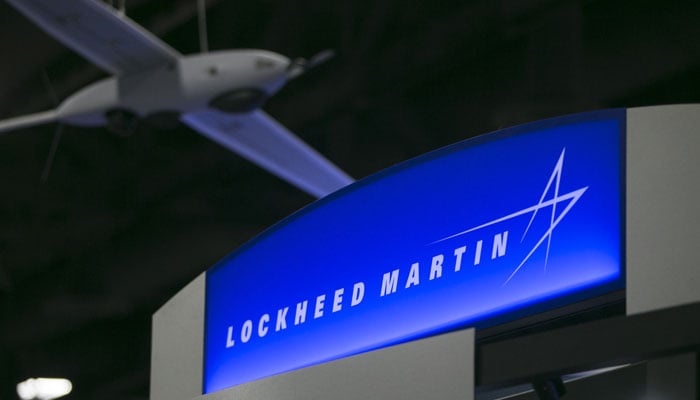Lockheed Martin wins $500m contract to develop nuclear-powered spacecraft for defense and exploration
DRACO project aims to propel space exploration to new heights through use of nuclear thermal propulsion (NTP) engines
Lockheed Martin, a prominent US defense contractor, has been awarded a significant contract worth $500 million by the Defense Advanced Research Projects Agency (DARPA) to spearhead the development of a cutting-edge nuclear-powered spacecraft.
The ambitious project, known as Demonstration Rocket for Agile Cislunar Operations (DRACO), aims to propel space exploration to new heights through the use of nuclear thermal propulsion (NTP) engines.
The key focus of this groundbreaking initiative is to advance propulsion technology, shifting away from traditional chemical propulsion engines to nuclear thermal propulsion systems.
According to Lockheed Martin, these NTP engines offer enhanced power and efficiency, enabling faster transit times between destinations in space. This feature is especially crucial for future human missions to Mars, as it will significantly reduce the crew's exposure to harmful radiation during the long journey.
Kirk Shireman, the vice president of Lunar Exploration Campaigns at Lockheed Martin Space, highlighted the importance of faster transit times, saying, "Reducing transit time is vital for human missions to Mars to limit a crew's exposure to radiation."
The project's timeline is ambitious, with the in-space flight demonstration of the nuclear thermal rocket engine vehicle scheduled to take place no later than 2027. The contract involves a collaboration between the Department of Defense agency and NASA. Lockheed Martin will lead the design and development of the nuclear-propelled engine and an experimental spacecraft named X-NTRV. NASA's primary focus is on funding the engine development, while DARPA will manage the nuclear regulatory requirements and environmental protocols for the launch. The US Space Force will provide the launch vehicle and pad for the X-NTRV vehicle.
The concept of nuclear thermal propulsion has been considered for years as a means of shortening crewed missions to Mars. The engines produce high thrust more efficiently and with less complexity than traditional chemically powered rocket engines.
To ensure safety, stringent measures have been put in place. The nuclear reactor will not be activated until the spacecraft reaches a nuclear safe orbit. Furthermore, the spacecraft's orbit will comply with international nuclear safety standards.
The successful demonstration of this nuclear-powered spacecraft technology could revolutionise space exploration, opening doors for faster and more efficient space travel to distant celestial bodies like Mars. --PPI
-
'We were deceived': Noam Chomsky's wife regrets Epstein association
-
Martha Stewart on surviving rigorous times amid upcoming memoir release
-
18-month old on life-saving medication returned to ICE detention
-
Cardi B says THIS about Bad Bunny's Grammy statement
-
Chicago child, 8, dead after 'months of abuse, starvation', two arrested
-
SpaceX pivots from Mars plans to prioritize 2027 Moon landing
-
Funeral home owner sentenced to 40 years for selling corpses, faking ashes
-
Dutch seismologist hints at 'surprise’ quake in coming days












